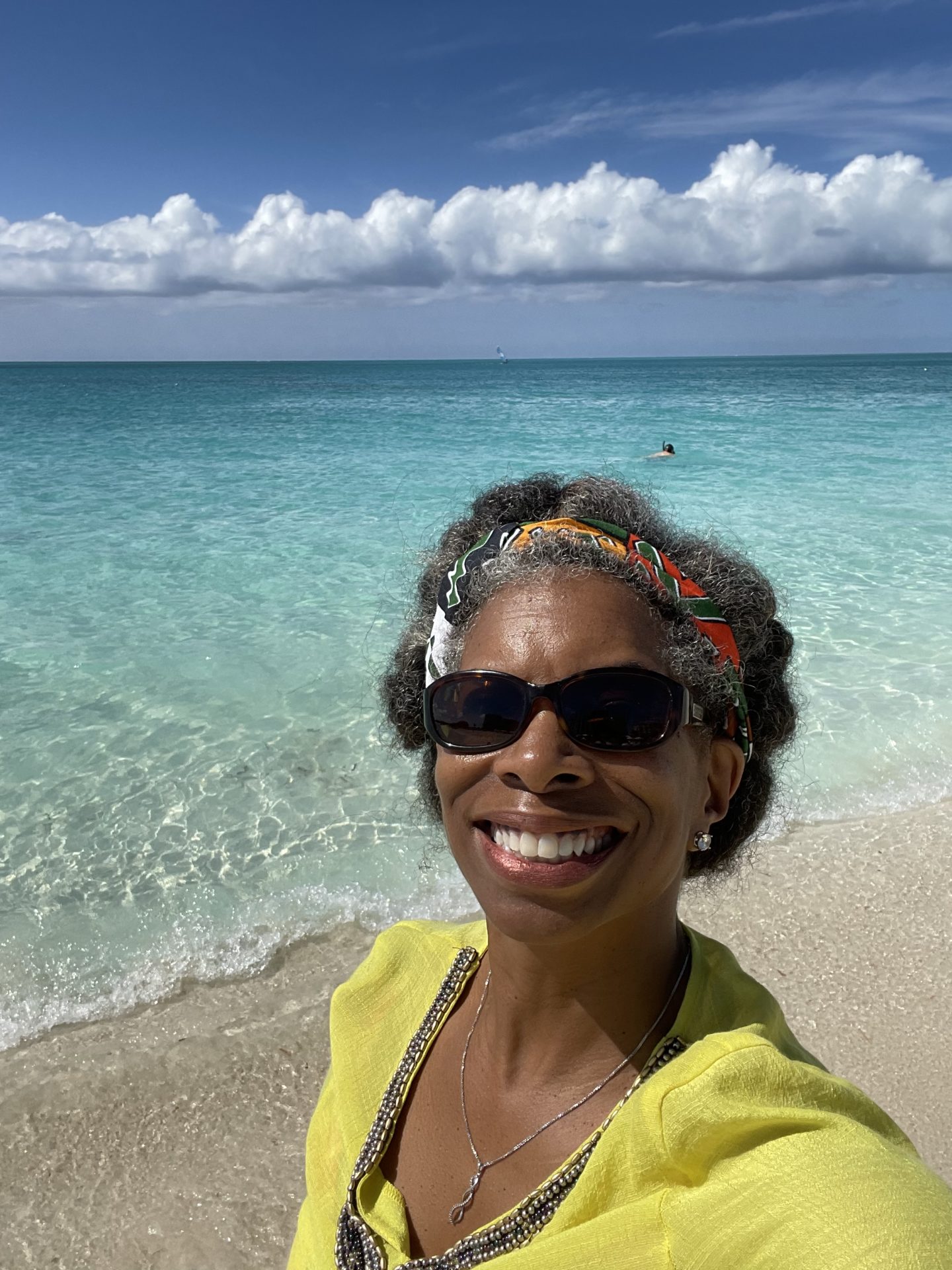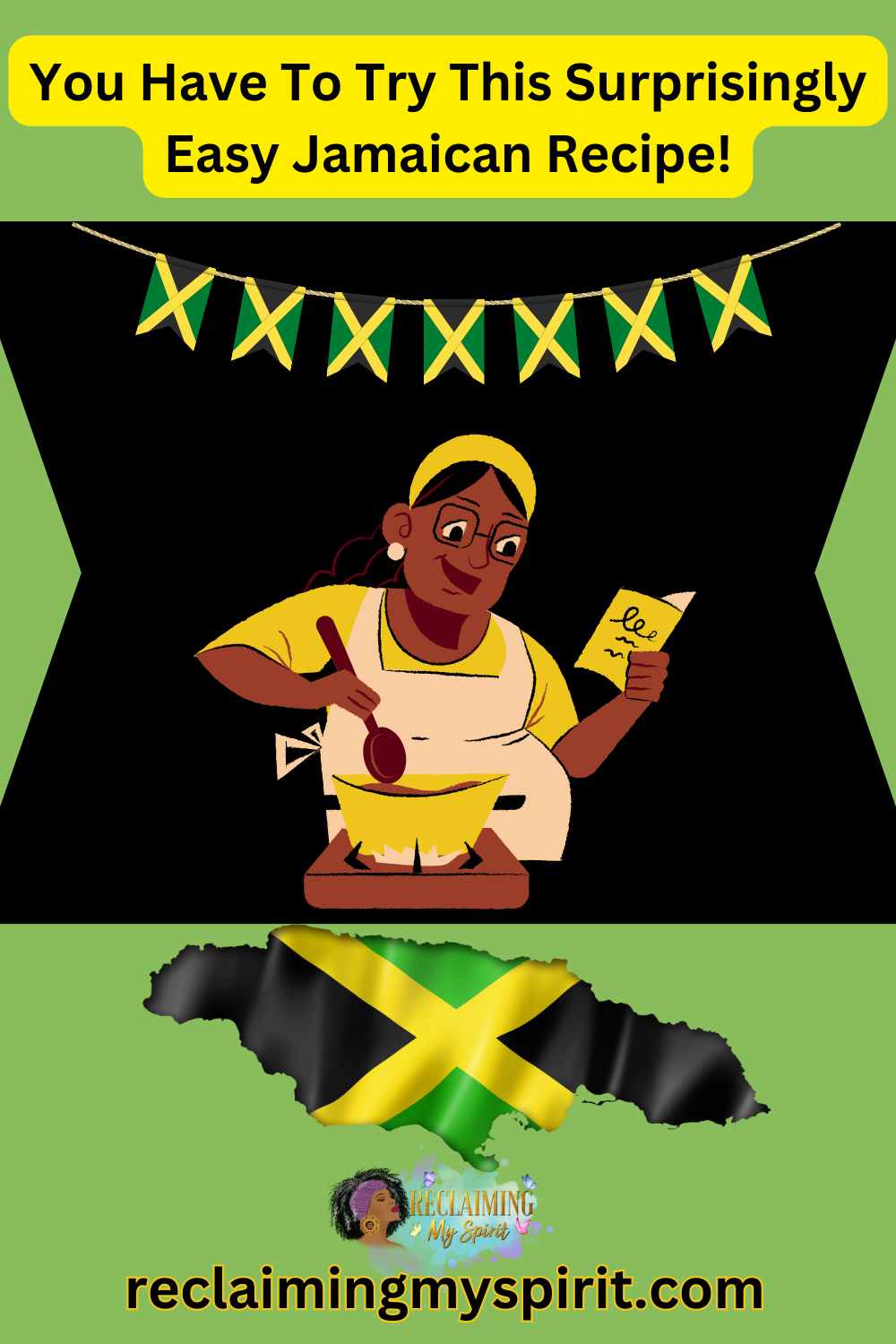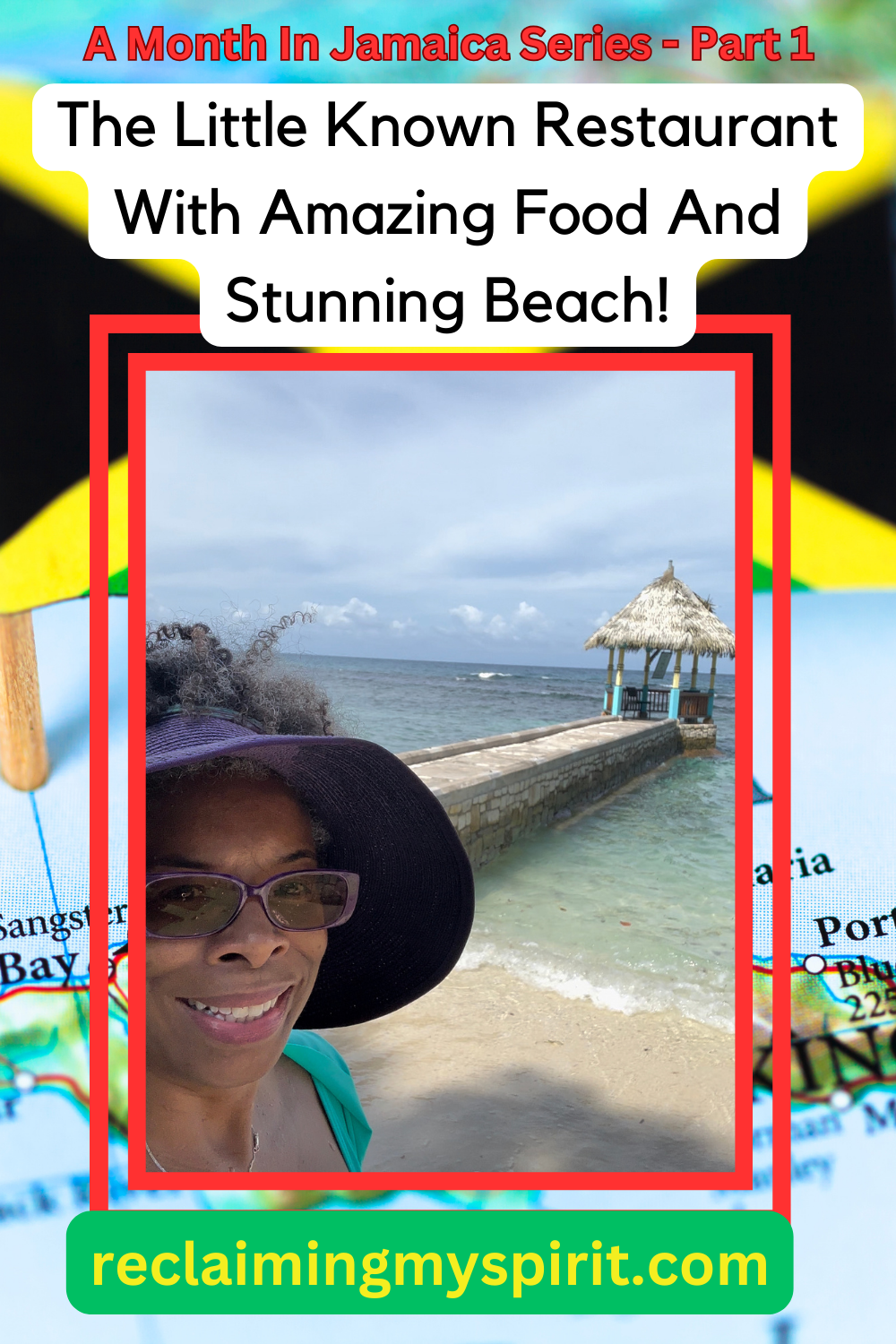For those of you who may have seen my first TikTok video
@khadeejamorse When Tampa #police tried to #railroad my #mentallyill son, I told them talktomeitalkback. Please share. #blm #mentalhealthmatters
♬ original sound – Katalyst_224
and are here because you’re offended, first of all, Welcome. However you came, welcome.
Now that you’re here, you can hear the rest of the story behind the TikTok video. I’ve included details and images that were too long for TikTok.
I’m doing this because our fight continues to free Mikese from the criminal justice system and allow him to be treated in a private mental health hospital.
Why, you ask, since there was a crime committed? Well, there are a number of reasons. Here’s just one of them.
Beyond the mental illness stigma is a brain disorder
Most people don’t realize a severe/serious mental illness (SMI) is actually a brain disorder. According to this study, an estimated 4.6% of the population has a severe mental illness which includes diagnoses of bipolar disorder and schizophrenia.
Being diagnosed with one these is bad enough. Having a combination, which is what Mikese has, is worse. To further complicate things, Mikese also suffered from something called anosognosia. It is when an untreated person has a lack of awareness of his/her illness(es). This is not uncommon for people with an SMI.
A wicked trifecta
Mikese had the wicked trifecta of schizophrenia, bipolar disorder and anosognosia. The hard, cold truth is, the most common outcomes for people suffering from this trifecta or any untreated forms of an SMI are homelessness and incarceration.
This excellent article on the National Shattering Silence Coalition website provides a lot of details behind why this is the case and how policies like the IMD exclusion discriminates against people with SMI.
The IMD is and how it contributed to the Tragedy
The IMD exclusion prevents federal Medicaid funds from being used to care for individuals aged 21 to 64 in institutions for mental disease with more than 16 beds. It basically discriminates because an illness is classified as a mental illness instead of a medical illness.
Since there’s no funding for mental illness, even if there are hospital beds available, they can’t be used for a person with an illness classified as a mental illness. They simply get released, like Mikese did.
Why classification matters
I can’t give you a better example of why classification matters than this video. This happened on the same day, as the Tragedy. The mother describes a medical condition she has where she blacked out and drowned her baby. You’ll hear her say she had no idea what happened. Watch.
This video is especially hard for me to watch because when the police were at our house interrogating Mikese, I recall him saying something almost exactly the same as the mother. He said, he didn’t know what happened. He felt something take over his body and he didn’t know what happened from there.
The mother has a “medical” illness. Mikese has a “mental” illness. Both conditions led to actions that resulted in loss of life. Yet each situation was handled very differently.
Now can you better understand the ridiculousness of the IMD exclusion?
HIPPA laws further complicate things
In an additional unfortunate and related twist, HIPPA laws often prevent families from finding out any information about their loved one before, during or after a hospitalization.
What’s worse is, that loved one is often released to the streets, alone, with no support or guidance; left to fend for themselves while managing a medical condition that significantly impairs how they think. How does that make sense?
Can you imagine just releasing to the streets someone suffering from a stroke or heart attack before they were fully recovered, without any notification to a family member or loved one about the condition, care or treatment?
Deadly duo
The deadly duo of the IMD exclusion and family unfriendly HIPPA laws often creates an insurmountable barrier for families. I call it a deadly duo because this combination is what led to the Tragedy.
Though there were beds available at Gracepoint; since Mikese’s diseases are classified a mental illness, there were no beds available to treat his “mental” illness.
Since he’s an adult, Mikese was released to the streets, alone, with a messy stack of hard to read paperwork, a bus pass and a good luck.
Within days of his release the Tragedy happened.
Proof is in the news
When we realized the police were not going to be truthful about what happened with Mikese, we knew we needed to speak up.
This was our first formal interview with a local news station. Listen all the way to the end when the reporter speaks to a local expert about the lack of available funding and space to support patients with mental illnesses.
As I have often said, this crisis of available mental health care is the worst kept secret in the country and yet typically gets very little attention.
Who else will be held accountable?
This is why in my open letter on Facebook to Andrew Warren,
Here's a story that aired last night about Mikese's case. Though it didn't make it to what aired, the reporter Josh…
Posted by Khadeeja Morse on Thursday, March 4, 2021
I asked who else he was going to hold accountable for Pedro Aguerryberry’s unfortunate and unnecessary death. I still think it’s a fair question.
Why I talk back
Here are the rest of the images from the TikTok video. As you look at them, please keep in mind, the whole story.
I talk back because my son couldn’t speak for himself. I talk back because it was very clear to us very early on, the police weren’t going to be honest about his mental illness. They had already begun to villify and dehumanize him during their press conference and left out the vital information about his mental illness or even the fact they were the last ones to hospitalize him.
I talk back because there are thousands of people suffering from untreated SMIs. I talk back because those thousands of people have thousands of loved ones who are doing the best they can for their loved ones with SMIs.
I talk back because we need to be seen, heard and acknowledged too. I talk back because we need help and not just lip service around election time or after a tragedy.
I talk back because we ask for help but what we usually get are bloodied fingers from the sharp, broken fragments of a failed mental health system we’re forced to piece together with our bare hands.
How you can help
I am a proud member of the National Shattering Silence Coalition and very much support their programs and platforms. The Call to Action section of the website offers some great ways you can help support our cause.
Outside of that, please continue to keep our family and the Aguerryberry family in your thoughts and prayers.
Namaste.






